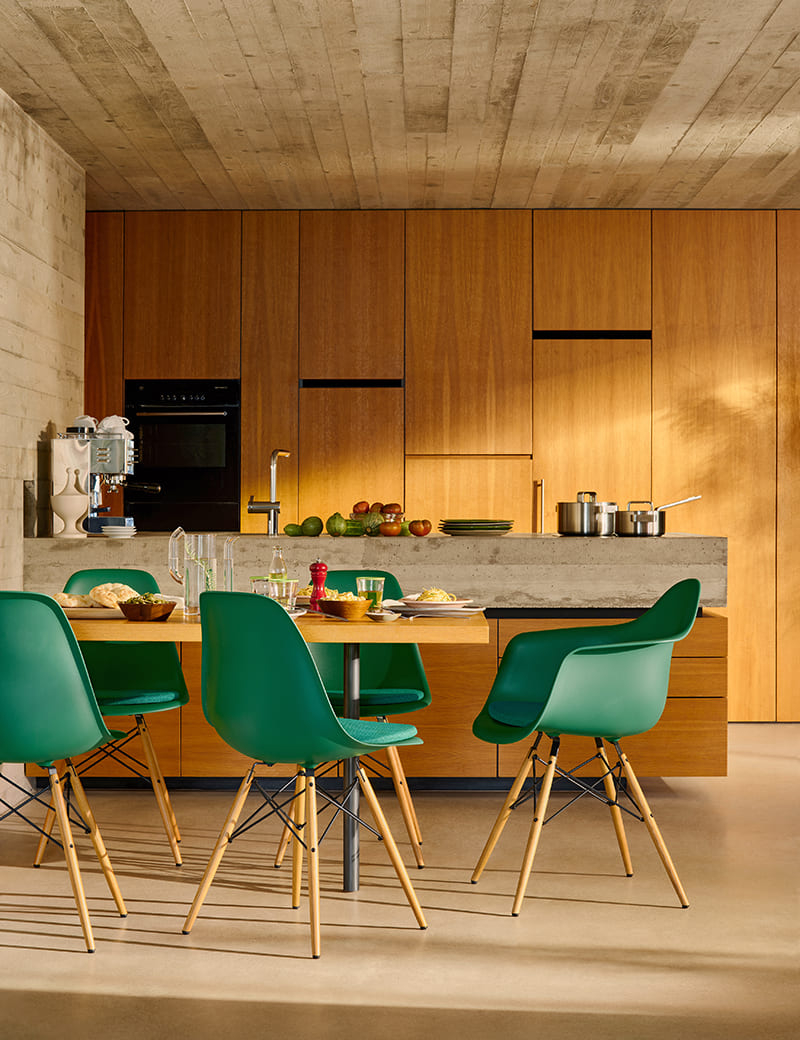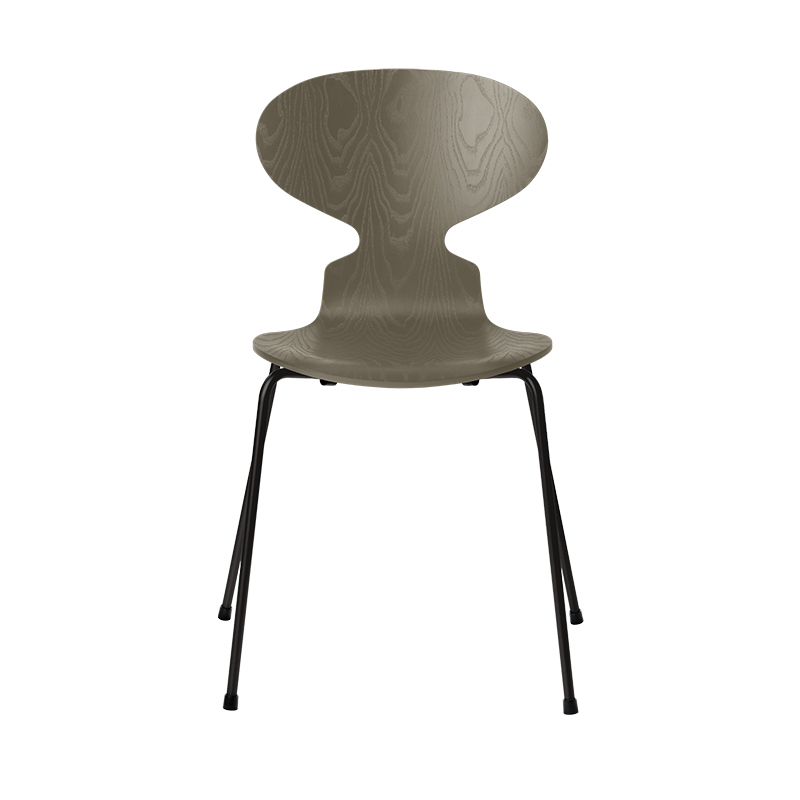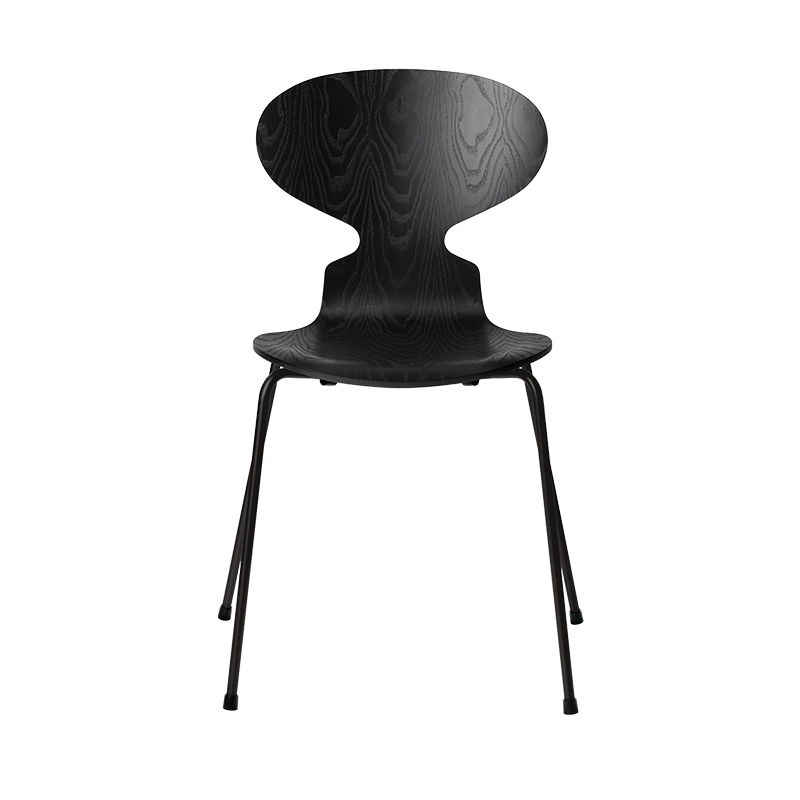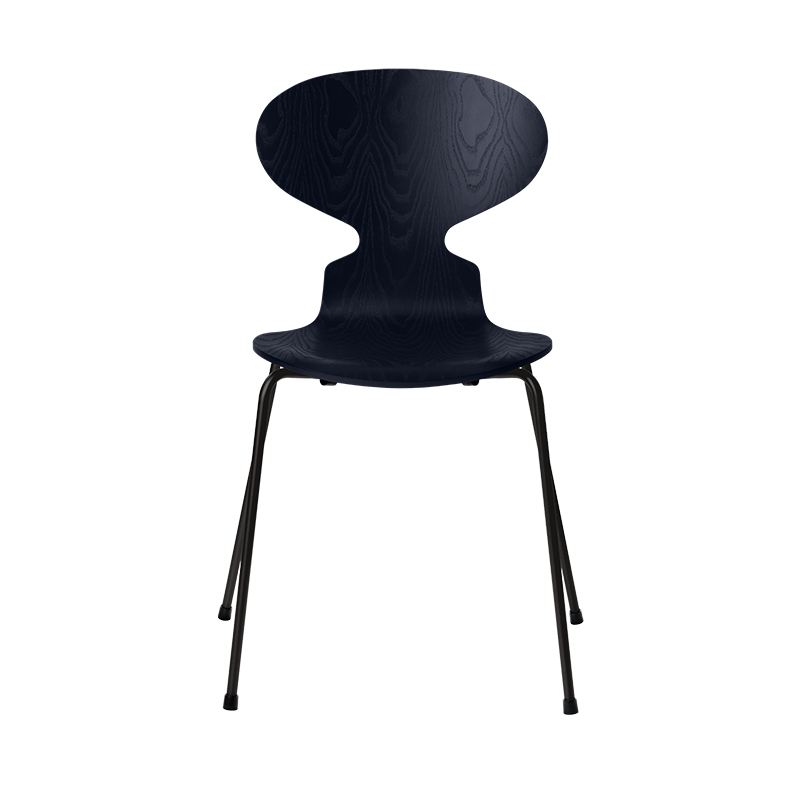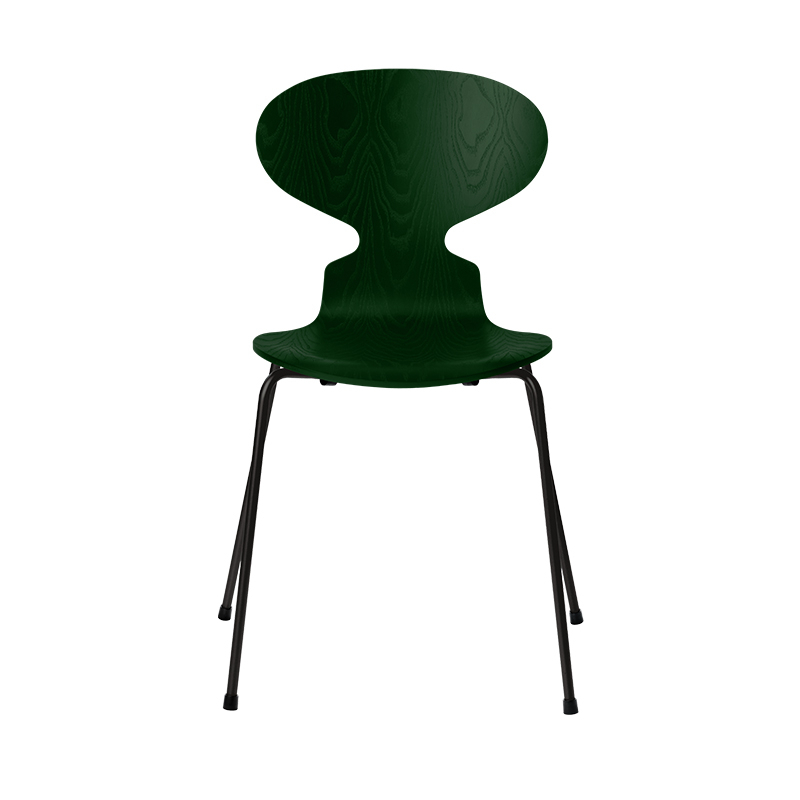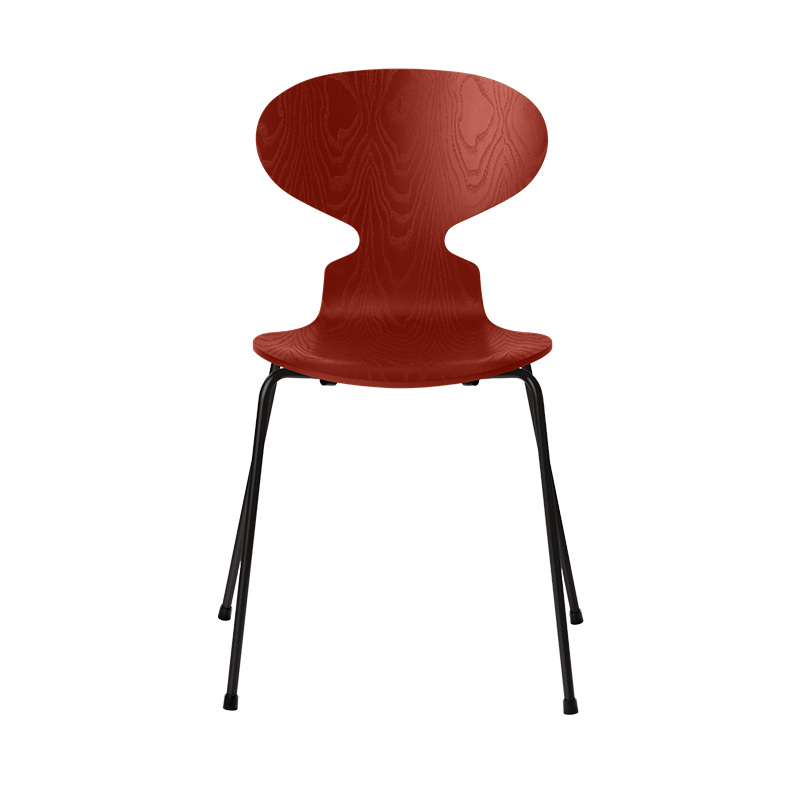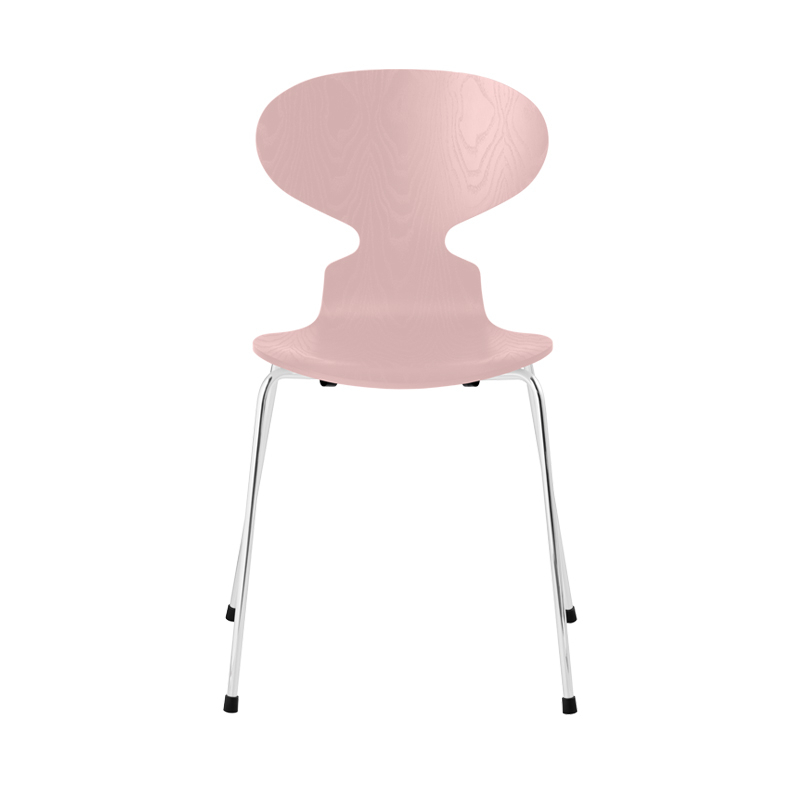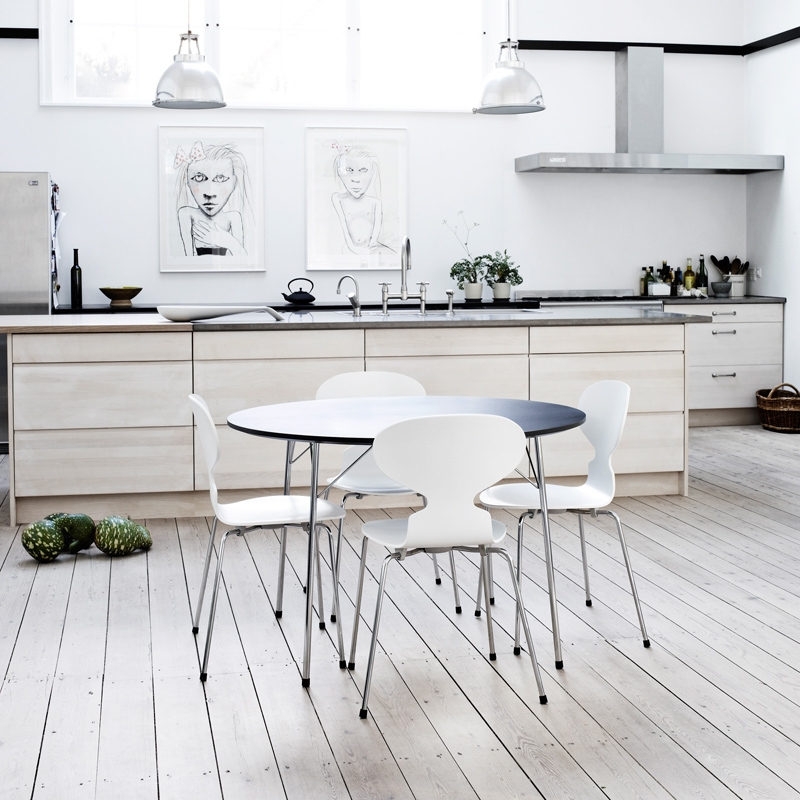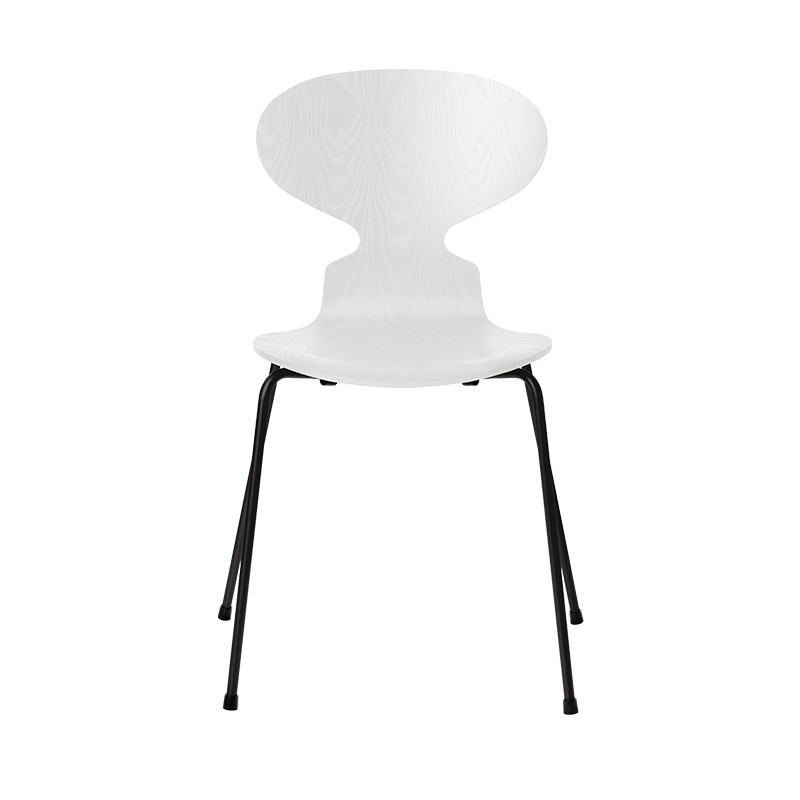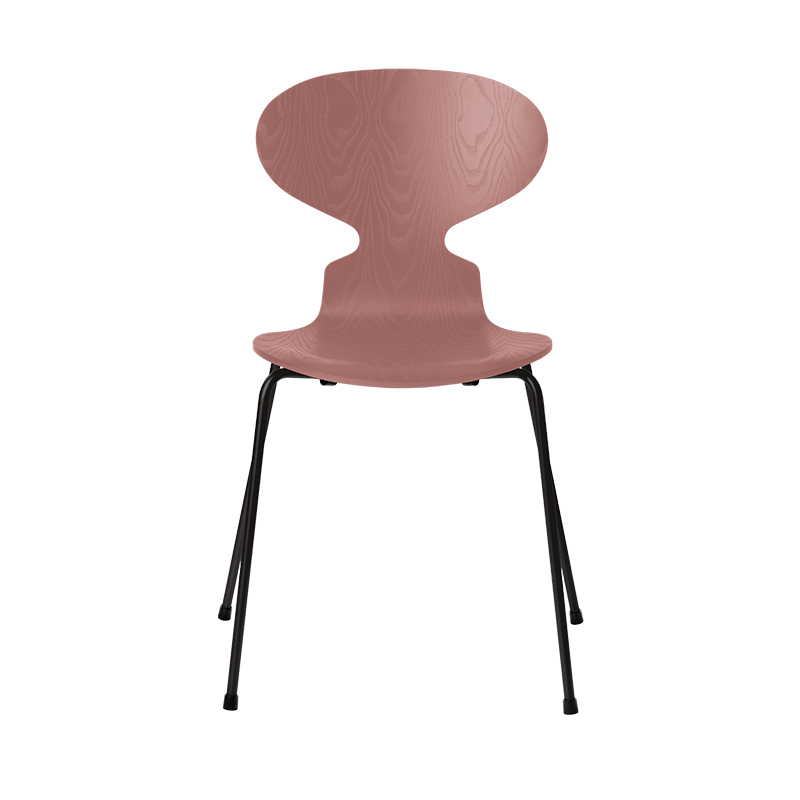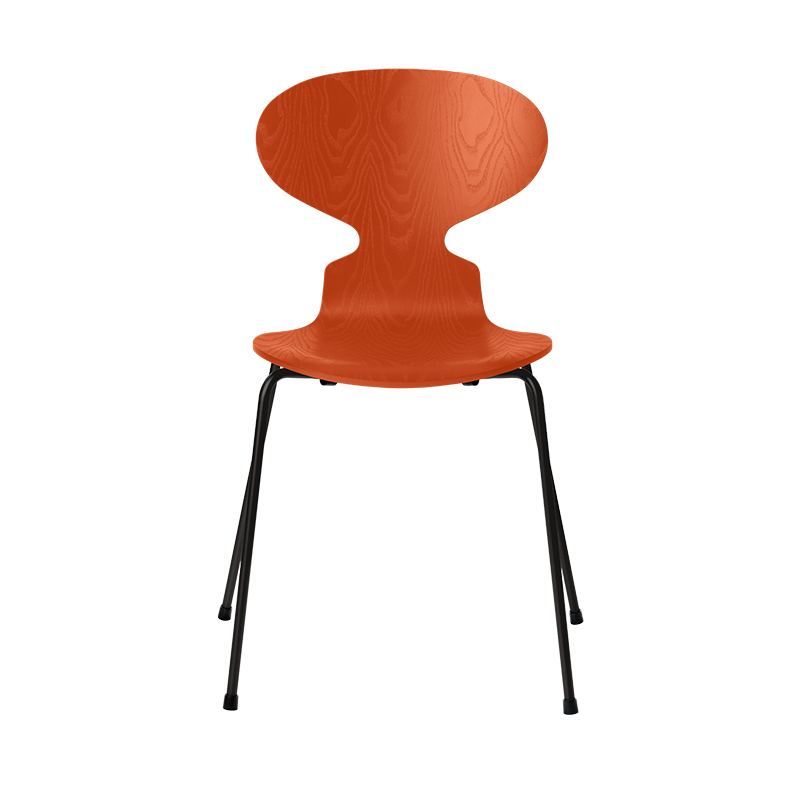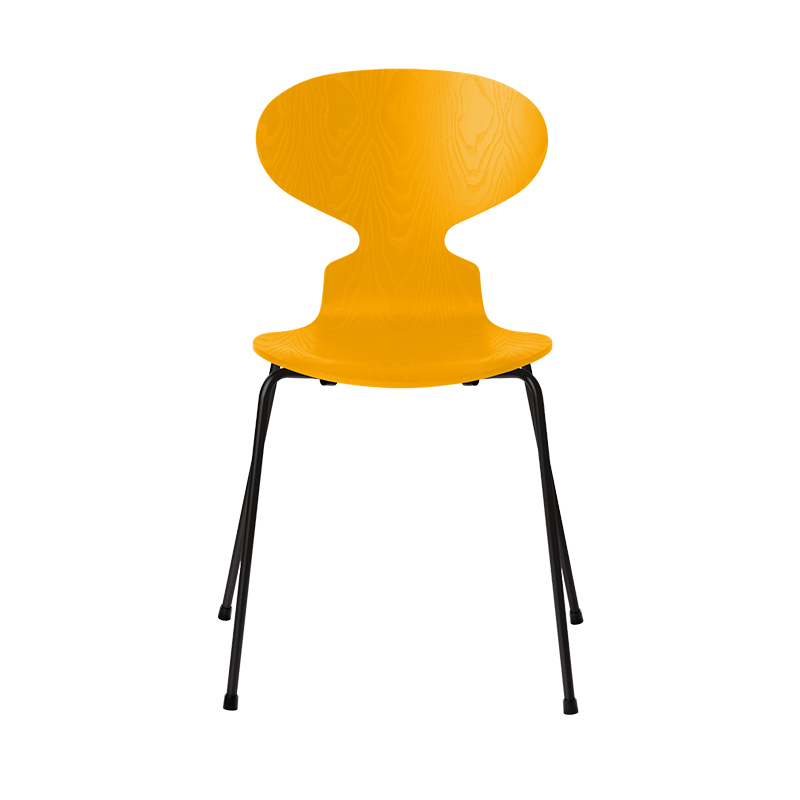- wishlist
-
Cart
Your cart is empty.
menu overlay
menu overlay
Already a customer?
New customer?
Enjoy all the benefits we offer and track your purchases in the order history.
Registermenu overlay
Reset my password
You will receive a link by email to reset your password.
Dining Chair STANDARD CHAIR Prouvé Blé Vert VITRA
€879.00
€732.50 HT
or in

STANDARD CHAIR Prouvé Blé Vert
STANDARD CHAIR Prouvé Blé Vert
€879.00
€732.50 HT
€879.00
€732.50 HT
Description
La Standard Chair fait partie des chaises de bureau créées par Jean Prouvé à partir de 1930 dans le cadre de ses recherches pour du mobilier destiné à une collectivité (la Cité Universitaire de Nancy). Ferronnier de formation, il innove alors avec la technique de la tôle pliée qu'il développe dans ses ateliers de Nancy. Constatant que la charge exercée sur une chaise est plus importante au niveau des pieds arrière, il met en œuvre sa technique de tôle pliée sur plusieurs chaises, parmi lesquelles la Standard Chair. Tandis qu'un tube d'acier est suffisant pour les pieds avant, les pieds arrière sont constitués d'un corps creux volumineux qui transmet la charge au sol. Aujourd'hui rééditée par Vitra, cette chaise redevient accessible pour tous ceux qui aiment le mobilier fonctionnel aux formes simples. Elle est parfaite autour d'une table de salle à manger mais aussi comme petite chaise de bureau.
Color
Prouvé Blé Vert
Colour
green
Material
wood
Dimensions
l 42 x p 49 x h 80 cm, assise h 46,5 cm
Matériaux
chêne naturel, acier finition époxy, la finition métal brut présente une surface brute irrégulière
Availability
6 à 8 semaines
Notice
- Home
- ▸
- Dining Chair
- ▸
- STANDARD CHAIR Prouvé Blé Vert
What you think of it
Delivery Terms
Delivery possible within 48 hours for in-stock products.
You will also like
By the same designer
menu overlay
Quote request
You will receive a response from us within 24/48 hours
Your contact details

Dining Chair
STANDARD CHAIR Prouvé Blé Vert
VITRA
Color :
Prouvé Blé Vert
€879.00 TTC
€879.00 HT
In stock
In stock
€879.00 TTC
€879.00 HT
Total items :
€879.00
Taxes
0 €
Total (VAT incl.)
€879.00

































